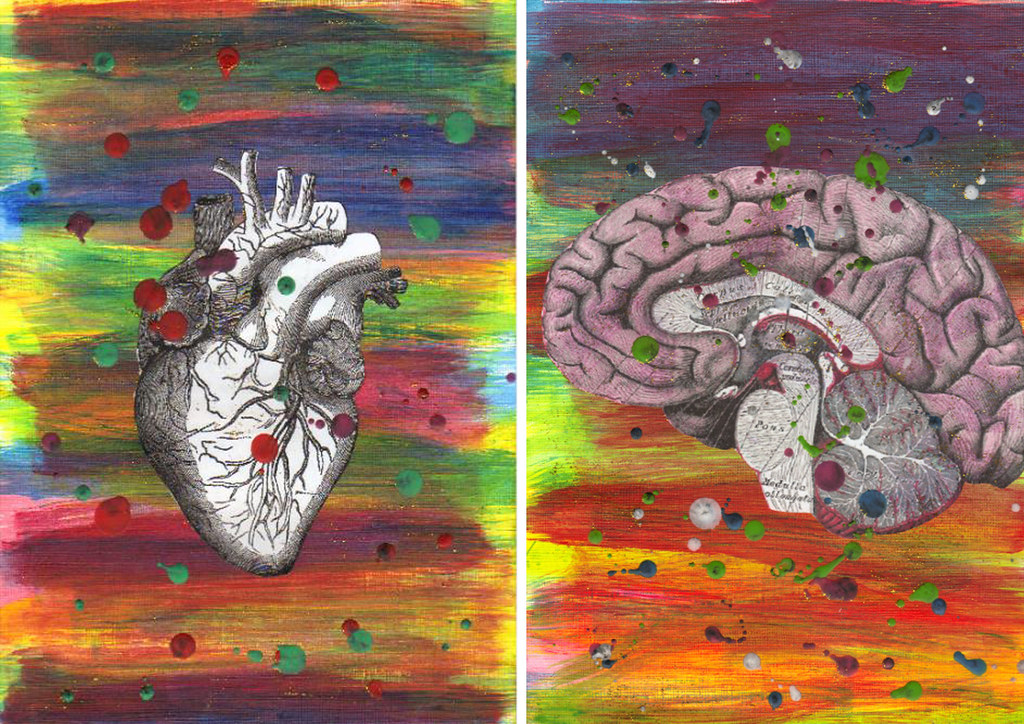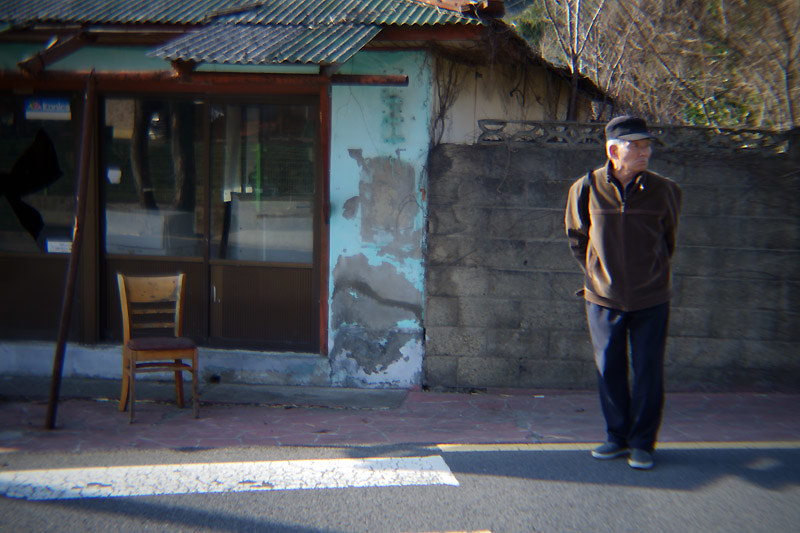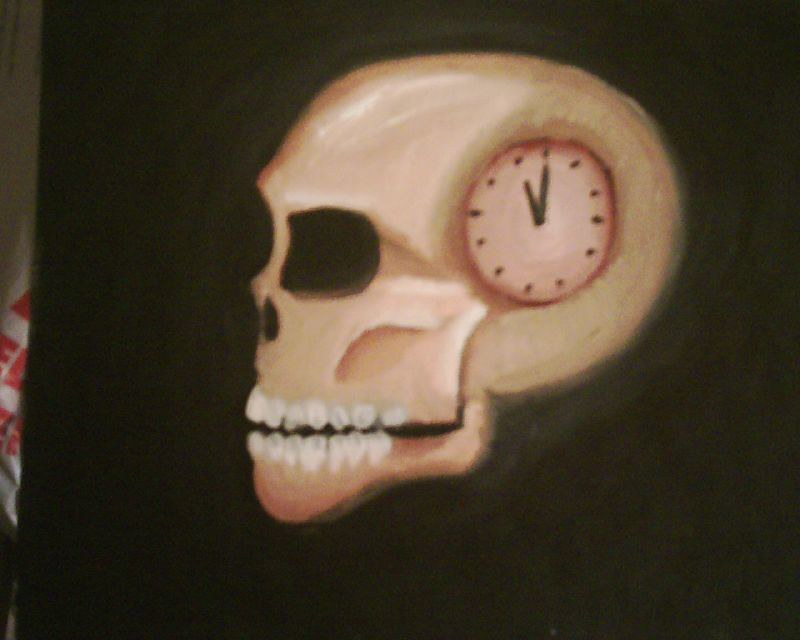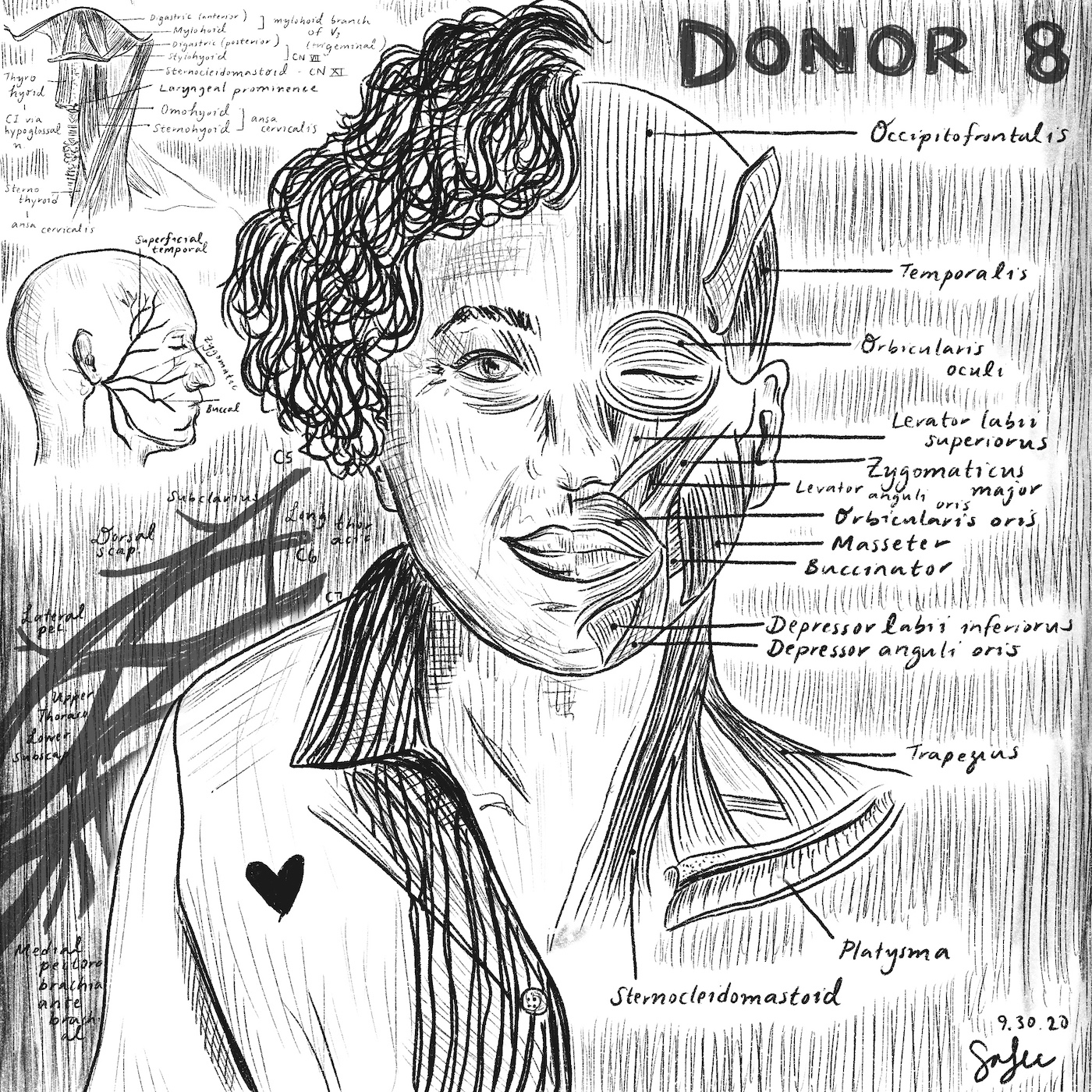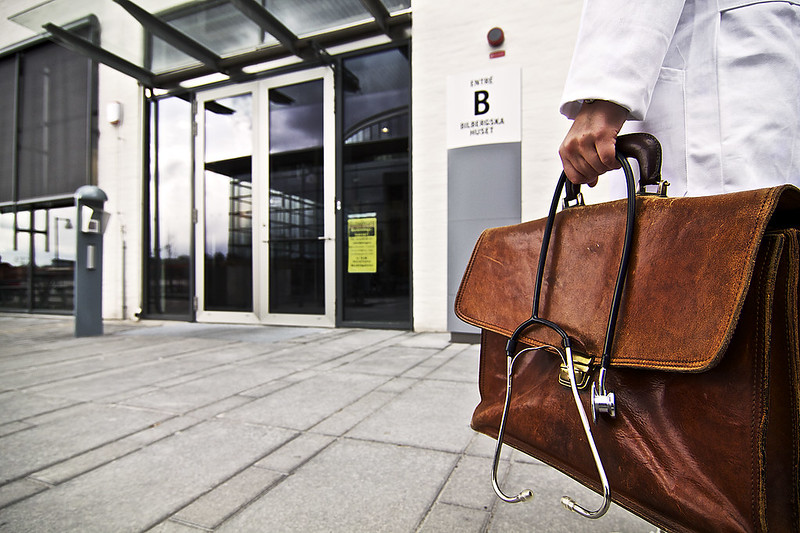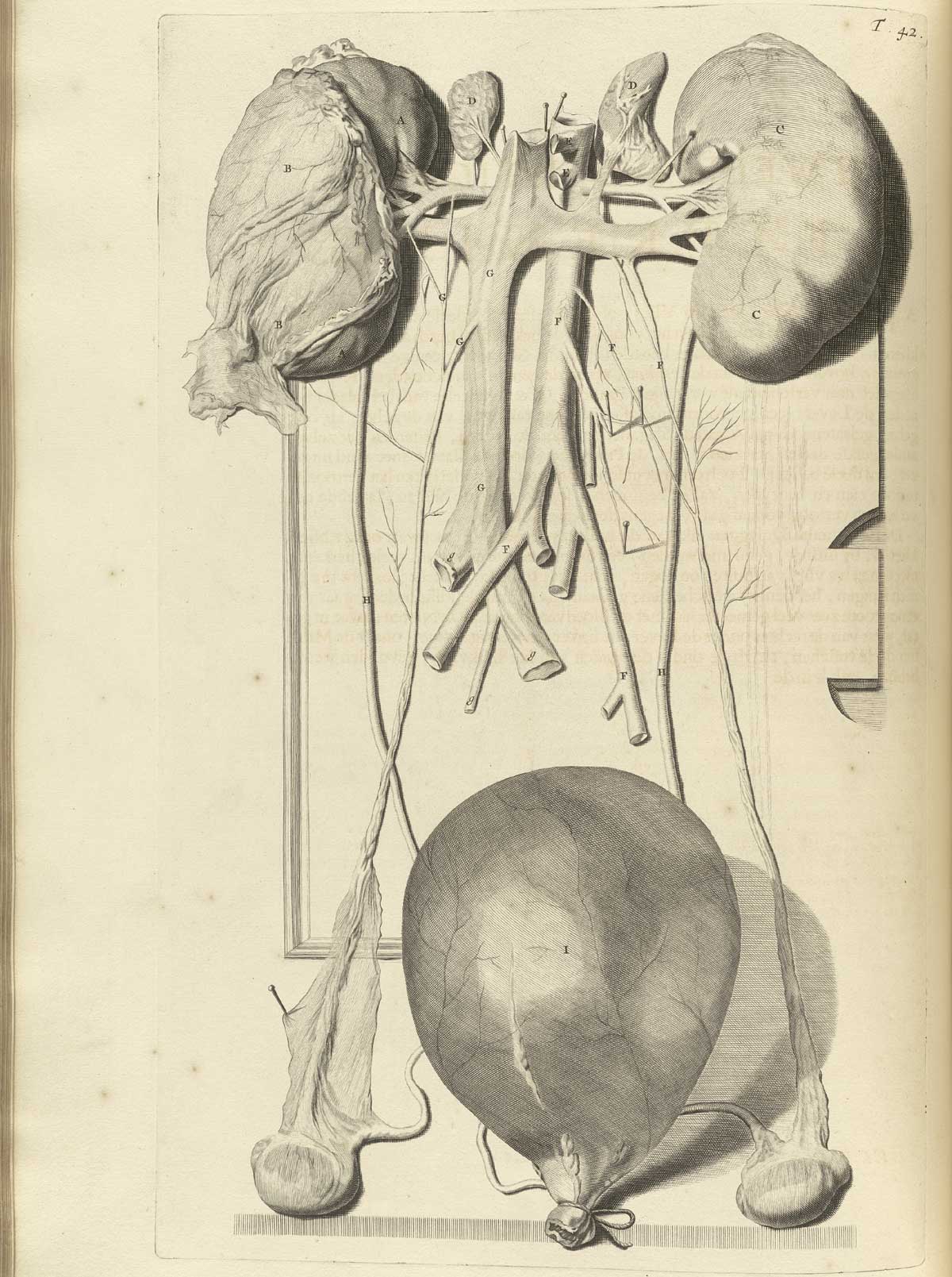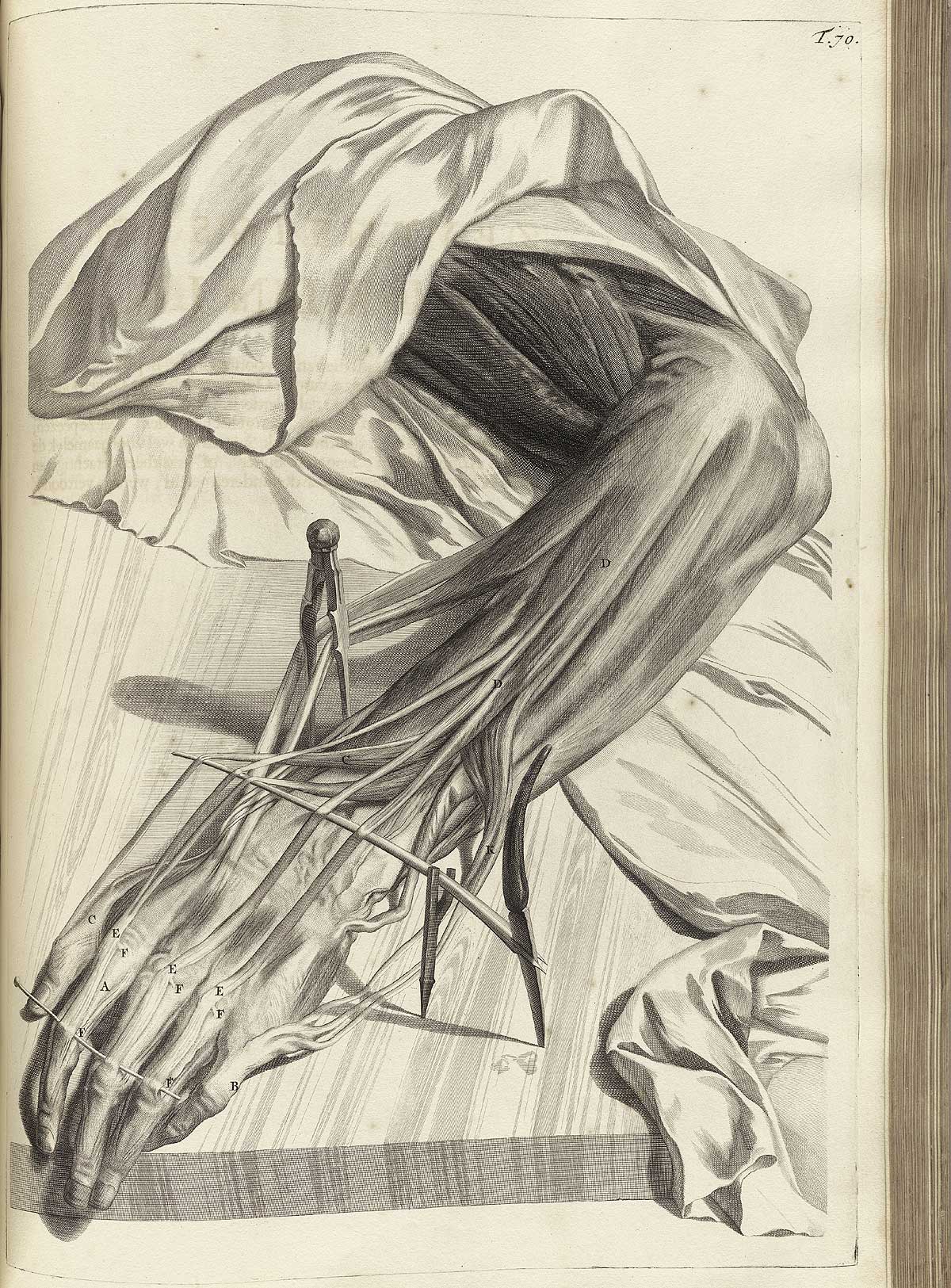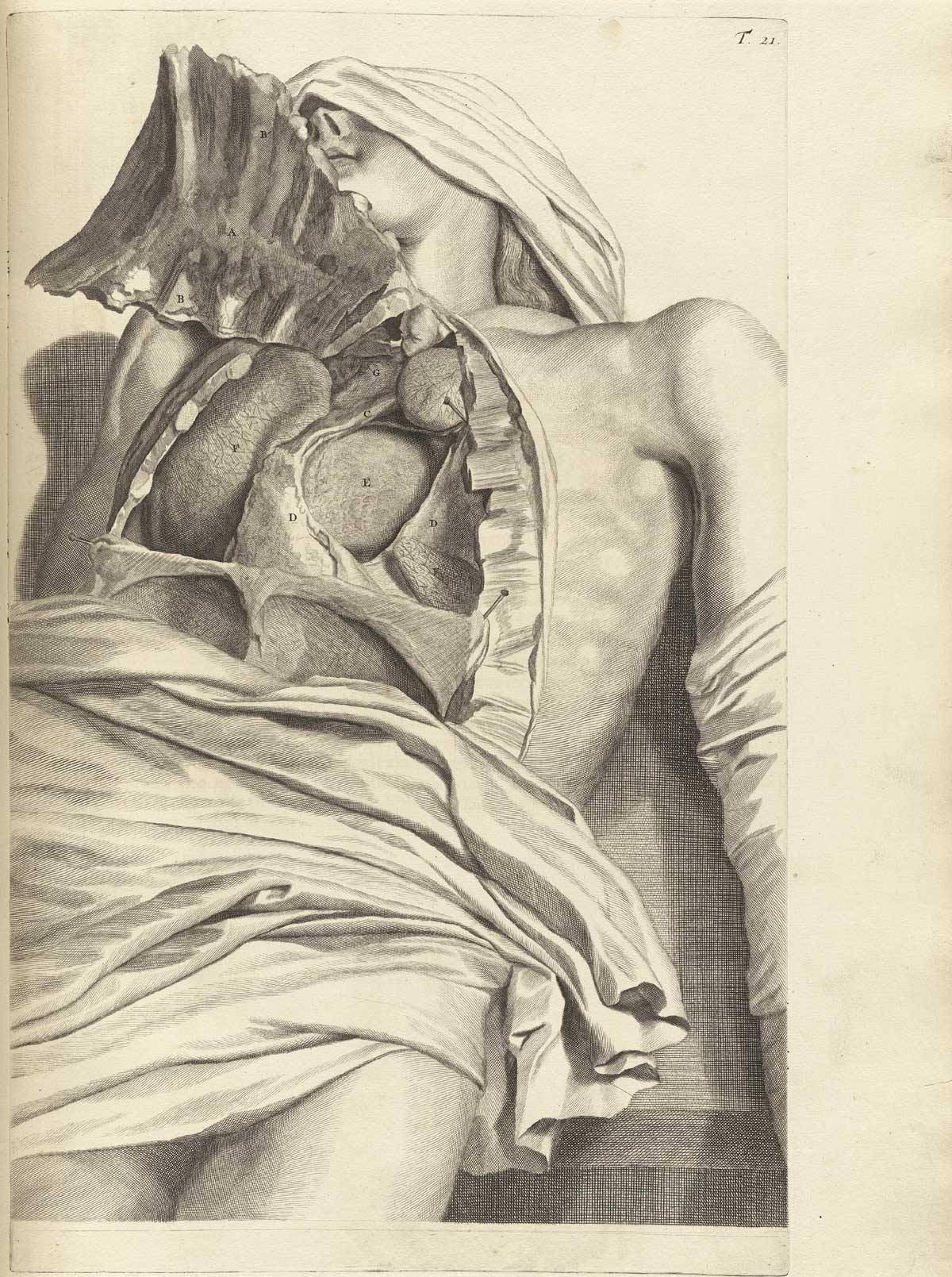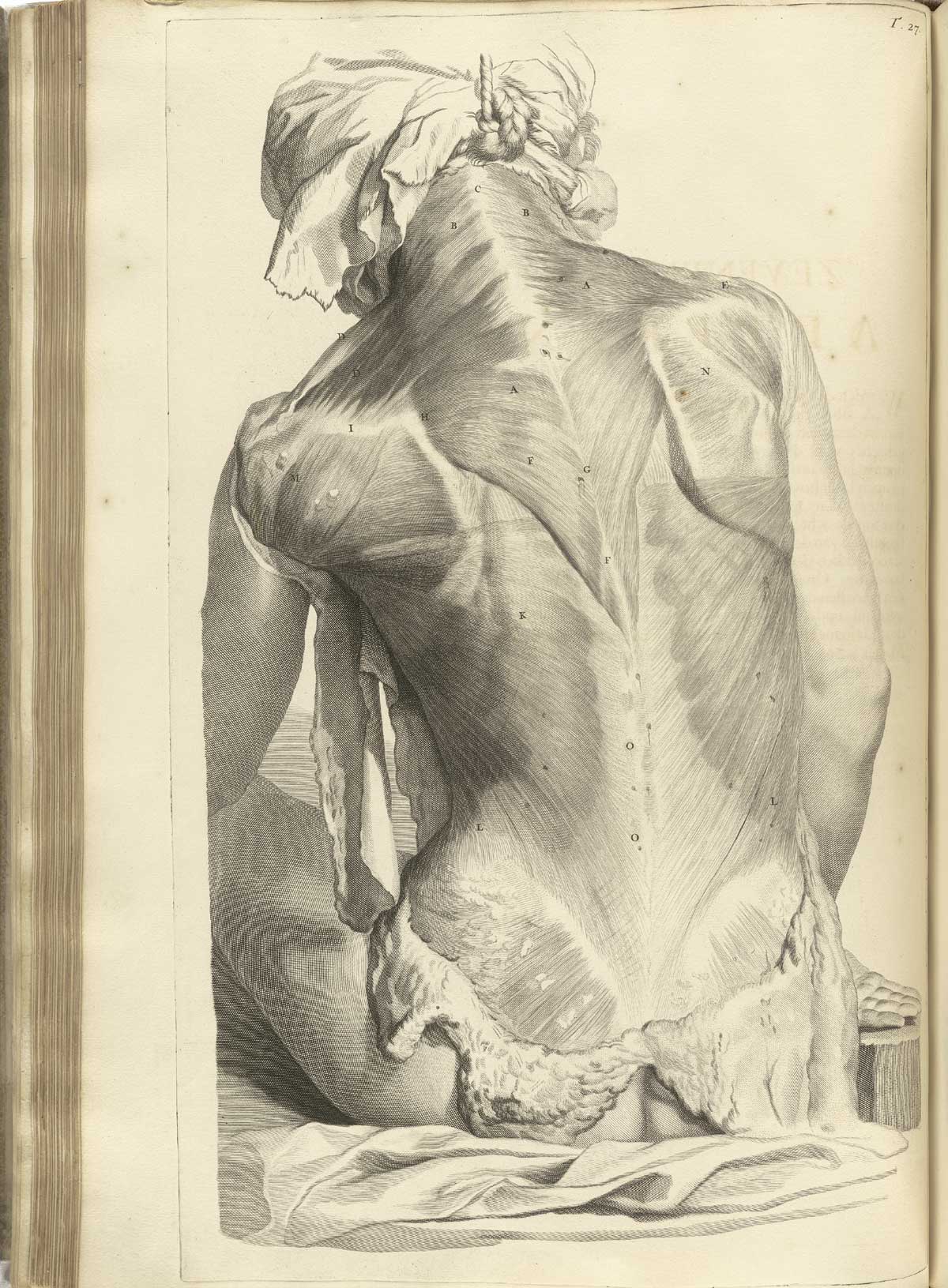How Your Neurons Respond to Art
It was 5 p.m. on a Thursday and I had just finished my first preceptorship session with my fourth-year medical student preceptor. That afternoon was one of many firsts, as it was also the first time I conducted a patient interview. My first-ever patient was a middle-aged woman in the emergency room talking to me through Zoom. I remember introducing myself nervously, stuttering on the few syllables that make up my name, and then asking what brought her to the hospital.

